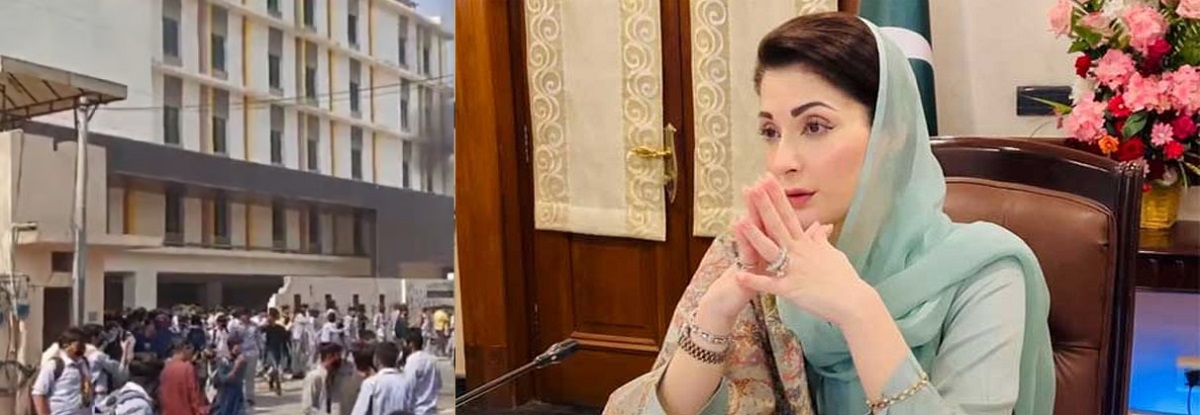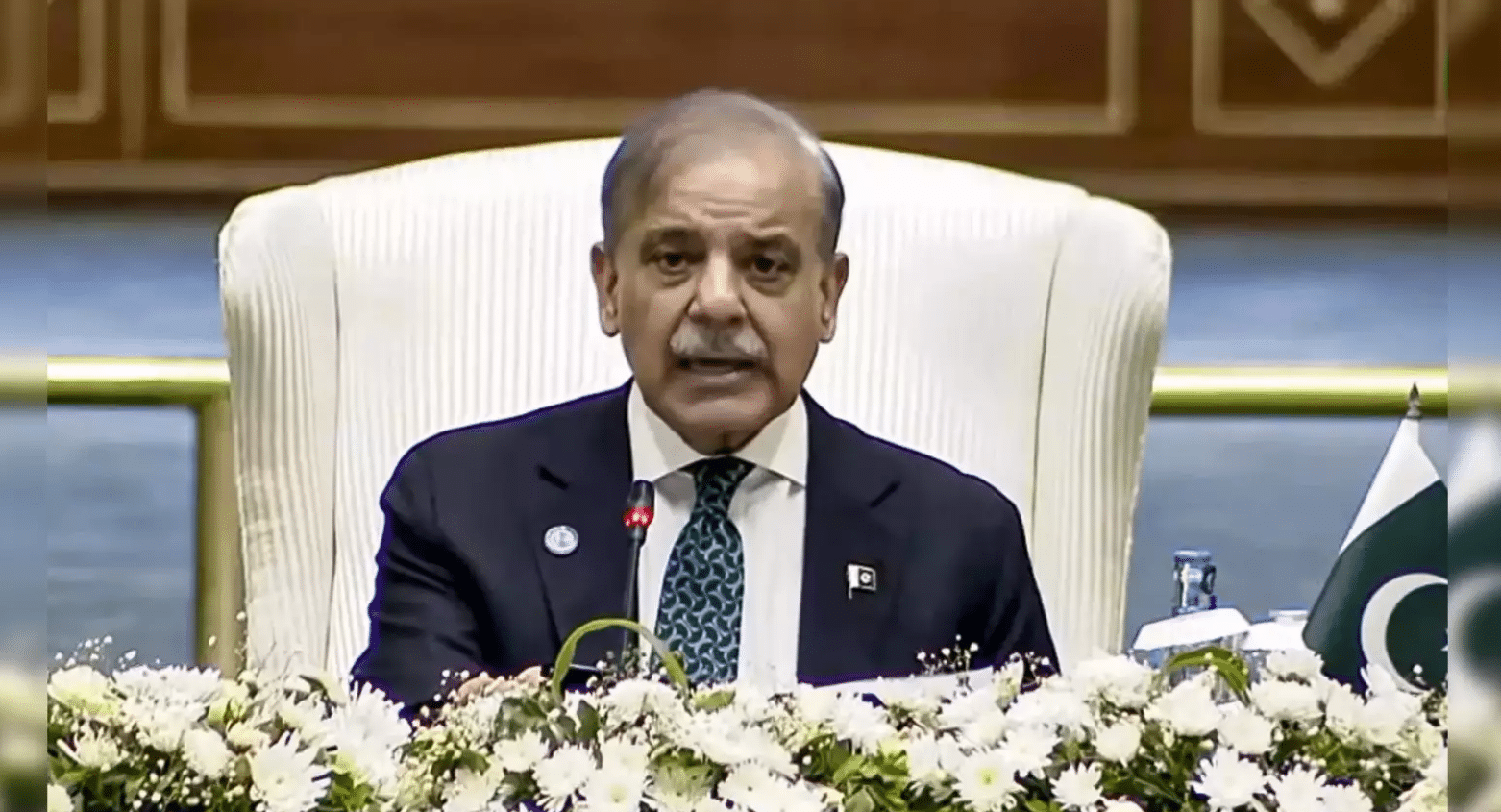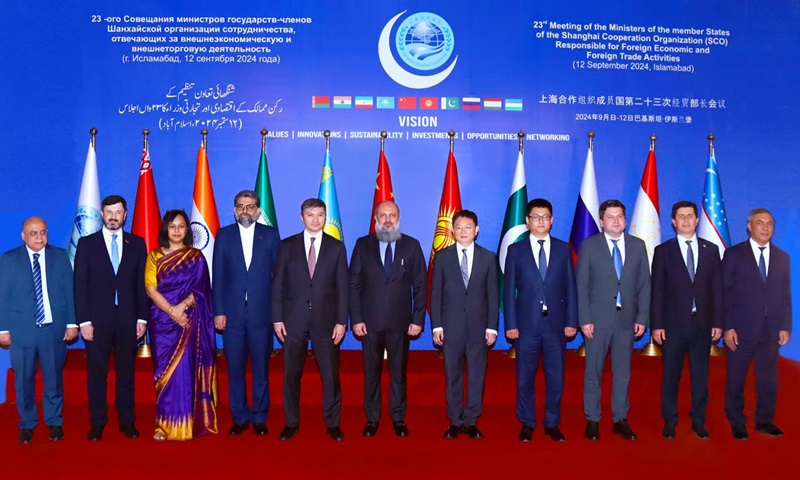In a troubling announcement, the Caretaker Federal Minister for Energy in Pakistan, Muhammad Ali, recently revealed that the nation is on the brink of an energy crisis. As winter approaches, the government is preparing to impose severe gas load shedding measures, leaving consumers with just 8 hours of gas supply each day. The reason behind this impending crisis is the depletion of gas reservoirs. In this article, we will explore the details of this situation and its potential impact on Pakistani households.
The Depleting Gas Reservoirs
Gas Reservoir Depletion Rate
One of the key issues leading to this crisis is the alarming rate at which Pakistan’s gas reservoirs are depleting. Minister Muhammad Ali has reported that the country faces an annual reduction of gas reservoirs by 5 to 7 percent. This rate of depletion is a significant concern, as it threatens the country’s ability to meet the growing demand for natural gas.
Ban on New Gas Connections
In response to the diminishing gas reserves, the government has made a crucial decision to place a complete ban on new gas connections. This move is driven by the limited availability of gas in the country. With new connections on hold, existing consumers will have to bear the brunt of the gas shortage, making it essential for them to explore alternative options for meeting their energy needs.
Shift to LPG Gas
To address the impending gas shortage, Minister Muhammad Ali has urged domestic consumers to consider shifting from natural gas to LPG (liquefied petroleum gas). This transition is seen as a practical solution to cope with the gas deficiency in the winter season. However, it also presents challenges, such as the need for modified appliances and the availability of LPG across the country.
READ MORE: Honda Slashes Car Prices Amidst Currency Fluctuations
Government Measures
Gas Price Hike
In an effort to control the growing circular debt in the gas sector, the government has raised gas prices. The circular debt had reached a staggering Rs. 2,100 billion, and this increase in prices is aimed at curbing its growth. According to the minister, this price hike will help in stabilizing the financial health of the gas sector.
Promoting Exploration
The government is actively promoting exploration activities within the country to meet local gas demand. This initiative seeks to discover new gas reserves to reduce the country’s reliance on depleting reservoirs. By investing in exploration, Pakistan aims to secure its energy future and ensure a steady supply of natural gas.
Losses in the Gas Sector
Minister Muhammad Ali disclosed that the gas sector has been incurring substantial losses, amounting to Rs. 400 billion annually. Among these losses, Sui gas companies are responsible for a staggering Rs. 190 billion annually. On top of that, the government itself is facing a loss of Rs. 210 billion in LNG (liquefied natural gas) due to the cost difference.
International Agreements
To mitigate the gas crisis, Pakistan has inked a significant agreement with Russia. As per this agreement, a Pakistani oil refinery will import 9 million barrels of oil annually. This strategic move is expected to result in substantial savings for the country, with up to $15 per barrel being saved due to the agreement.
Conclusion
The impending 16 hours of daily gas load shedding in Pakistan is a matter of grave concern for consumers. With depleting gas reservoirs and rising circular debt, the government’s decision to impose restrictions on gas supply is an effort to ensure sustainable energy resources. The shift to LPG gas and exploration initiatives are vital steps towards securing the nation’s energy future. However, these measures may come with their own set of challenges, and it remains to be seen how consumers and the government will adapt to this new reality.




